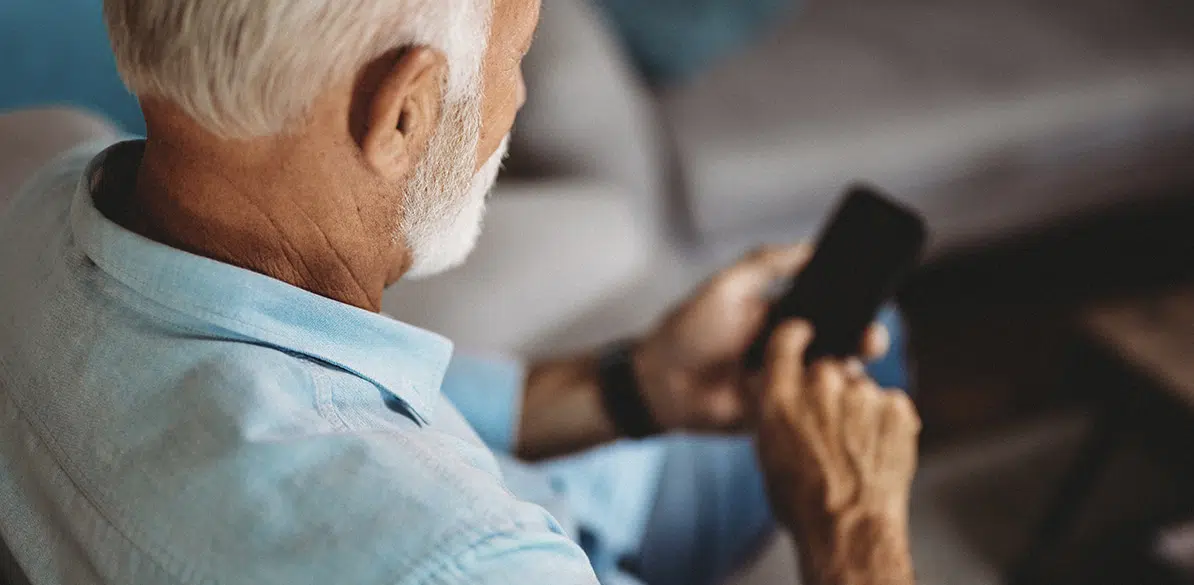What will eldercare look like in twenty years’ time? The future of the sector

It is a fact that populations in industrialized countries are aging. If we add to the increase in life expectancy a low birth rate, the result is a growth in the percentage of older people.
The current reality in Spain is that 17% of the total population is over 65 years of age, indicating that this is a sector of the population that needs to be scrutinized with a magnifying glass.
The trend is upward and, therefore, there is an increasing number of people who will require assistance and care during the final stage of their lives.
The number of caregivers registered with the Social Security system has grown in recent years. Over the past 10 years, social security registrations for healthcare activities have grown by nearly 20%, while in the residential care sector they have risen by 46%.
Caring for the elderly has always been an extremely committed profession, where patience and care for the most vulnerable groups has been the cornerstone of the progress in a sector that is booming.
In addition, the relationship between new technologies and older people has made it possible to provide security and speed in a sector where acting in a precise and streamlined manner is of vital importance.
Technological advances, a differential element in the sector. In this sense, the most outstanding technological advances in the care sector have been:
- Online training: the best option for providing training for people interested in working in this sector, especially with the surge of mobile devices and the internet.
- Mobile apps focused on working with older people: memory, mental agility, geolocation and entertainment. In addition, cell phones for seniors have proliferated, offering a high degree of usability and simplicity.
- Remote medicine: another of the key concepts in the development of the care sector, since it facilitates the streamlining of procedures and access to healthcare services, including home visits from a doctor through a device. This reduces costs and time considerably.
- Artificial intelligence: with wristbands, buttons and other immediate assistance devices.
Moving towards a more inclusive sector
Care for older people should not be a luxury, but a right that they have earned after so many years of working and looking after us.
European and public state institutions are indicating that care for older people must be reformulated so that it is set up in a more efficient way. In other words, existing resources must be coordinated to provide a more personalized service. They also urge that we leverage technology to address this major challenge.
The social sector is very special as it is responsible for caring for a very large number of people. All demographic and sociological studies point to the fact that the future of care will not be sustainable with the resources that currently exist, unless we make changes. The first step is to address this challenge with sectoral responsibility. This means that if we continue to work on a company, institution or country-by-country basis, we will only be able to offer specific resources. However, if we generate alliances (Sustainable Development Goal 17) we will be able to offer integrated solutions, sectoral solutions.
Can you imagine a community service that, depending on the situation of each user, recommends a residence, a leisure center, a co-housing project, a professional caregiver or a monitoring device?
About the author:
Daniel Ibiza is a social worker (2012). He graduated in Labor Studies (2014), published his first novel “La práctica del caos” [The practice of chaos] in 2014, and for 1 year dedicated himself to its commercial development, managing to sell the first edition in just 6 months. In 2016, he launched a solo venture and founded AIUDO, a personalized and trusted in-home caregiver service, a company of which he has been CEO ever since.
